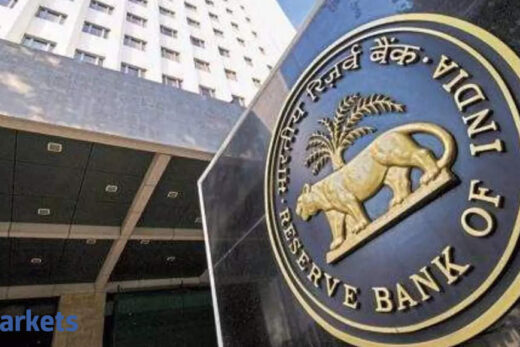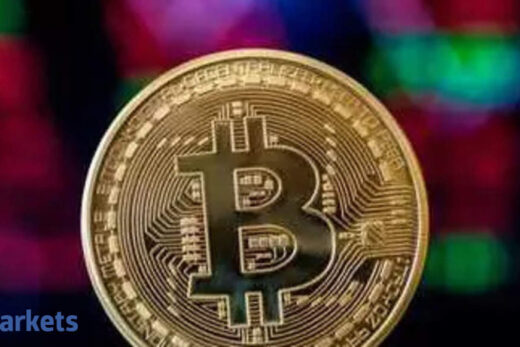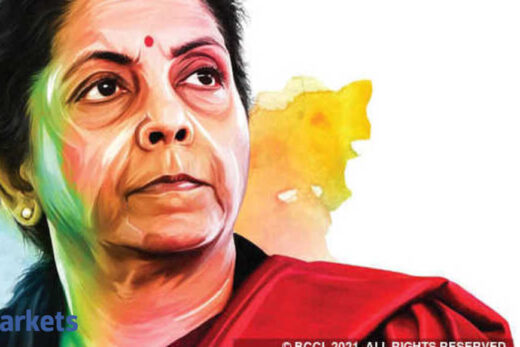Duvvuri Subbarao, a former governor of the Reserve Bank of India and the man who was at the helm of the central bank during the Global Financial Crisis and the Taper Tantrum of 2013, said it would be different this time.
Speaking exclusively with ETMarkets.com about how the forthcoming Fed taper could impact markets, he said: “There most certainly will be a taper, but there most possibly will not be a tantrum because both sides have learnt since then.”
The Indian equity market shrugged off the Fed announcement and took the benchmark indices to newer heights on Thursday, as investors’ risk appetite hit a new high.
“From the US side, Chairman Powell and other governors have repeatedly emphasised that the Fed is going to be patient and that they are going to telegraph their intentions well in advance. On our side, we have several mitigating factors compared with 2013. It is very unlikely that we will be caught unaware,” the former governor said.
A key positive on India’s side this time is the size of RBI’s foreign exchange portfolio, Subbarao said.
“We have $650 billion of reserves which itself is a formidable war chest… Our current account deficit is quite low. Our fiscal deficit is not low, but it’s also not so large as to cause concerns from the an exchange rate perspective.”
There is no doubt when the US Fed tapers bond purchases, the ripples will be felt through financial markets across the world.
But Subbarao, who had experienced tremendous volatility in the domestic currency during his time as RBI Governor, believes the country is on a very different footing now than the time when the country was clubbed in the infamous grouping of the ‘Fragile Five’ in the late 2000s.
“Most importantly, I think there is not much pressure building up in the exchange rate unlike in 2013,” the former governor said.
The world over, the most important question for financial markets is when the US Fed will normalise monetary policy and step back from the largesse provided during the Covid pandemic.
Subbarao, one of the most formidable experts in Indian macro-economic policy, believes as a country India is now much better prepared to tackle the attendant volatility.
“When the Fed starts tapering, we can expect some capital outflows and consequently some exchange rate volatility. RBI should be able to manage that through appropriate interventions in the market,” he said.
However, Subbarao said central banks in the emerging world need to find smarter ways to manage the risk to the currencies from volatile capital flows, as they are going to be a recurring challenge in a financially globalising world.
“RBI, and indeed all emerging market central banks, are going to find that managing the volatility in their exchange rates caused by volatile capital follows is going to be a recurring challenge in a financially globalising world. They need to hone their skills to manage this non-disruptively,” he said.



